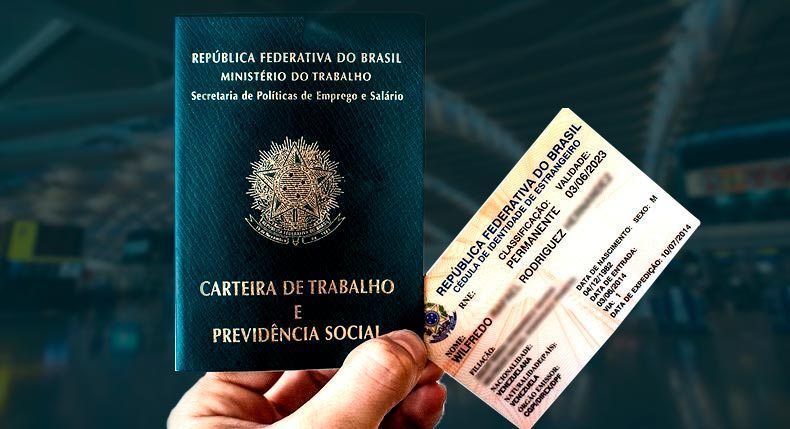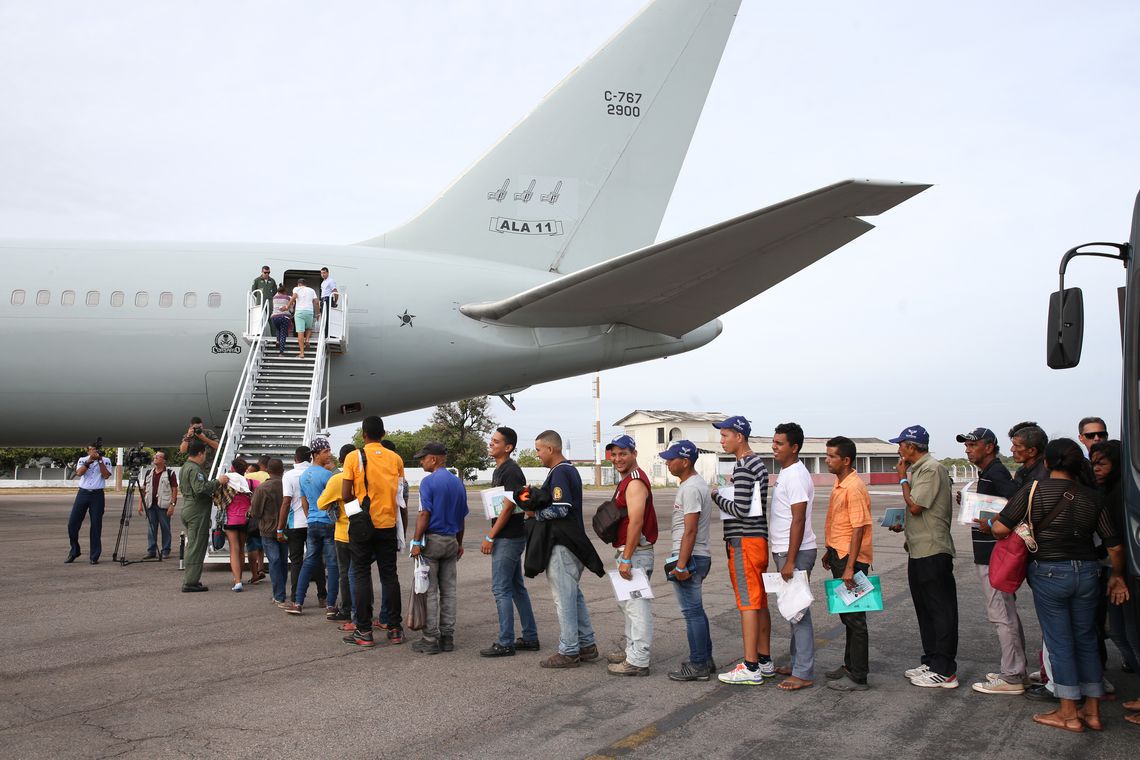RIO DE JANEIRO, BRAZIL – Immigrants of various nationalities have invested over R$1.5 billion (US$375 million) in Brazil between 2011 and 2018. The information was collected by experts from the International Migration Observatory (OBMIGRA) and consists of a report on migration flow that the Ministry of Justice and Public Security released on Thursday, August 22nd.

According to the observatory’s scientific coordinator, Leonardo Cavalcanti, a professor in the Department of Latin American Studies at the University of Brasília, immigrants have invested R$1,565,245,869.00 in businesses in Brazil in a mere seven years. Money was raised abroad and allocated to various businesses, such as hotels, inns, restaurants, and small commercial establishments.
In 2018 alone, Brazil received over R$186.3 million in investments by immigrants legally authorized to live in the country, or who had requested residence permits. The amount is twice the R$92.99 million registered in 2017. Of the total accumulated last year, R$111 million were invested by immigrants already living in the country and R$68 million by individuals awaiting a reply to the request for residence.
Cavalcanti explained that these entrepreneurs come primarily from Italy, France, Japan, and Korea. “The majority of these immigrants come to Brazil at the right age, already trained and able to work. There is a gain of intangible resources with this flow, and it is necessary to adjust public policies to make good use of this potential”.
The annual report of the International Migration Observatory shows that between 2011 and 2018, 774,200 immigrants settled in Brazil legally. Of these, 492,700 fall into the category that specialists classify as long-term immigrants, i.e., those who generally stay in the country for over a year.
For the OBMIGRA coordinator, in addition to benefiting from investments in businesses, Brazil needs to follow the example of countries that have sought to attract people willing to purchase a house to live in or stay from time to time. According to Cavalcanti, Normative Resolution no. 36, approved last year, already addresses the advantages granted to foreigners who invest in real estate assets, but more publicity abroad is required.
“All countries make this available, and Brazil cannot be left out. Other Latin American countries are already working to attract this public. Brazil already has this option and, today, if an immigrant buys a property in Brazil, he will be entitled to live in the country. What we need is to publicize this better, because, until now, we have received few investments of this kind,” said Cavalcanti.

According to the coordinator, another aspect public authorities should be aware of is the development of public policies that do not allow discrimination against immigrants who come to the country fleeing from wars, political persecution, and environmental disasters, mostly without conditions to invest.
“There are people who come to Brazil fleeing from very sensitive situations and who, most of the time, do not have financial resources, but have a good level of education or work experience. Even so, those who migrate usually have some resources, because the most vulnerable cannot migrate. It is like in Brazil, where the most vulnerable families cannot even travel from one city to another. Imagine leaving their country. When they reach their destination, many of these people exhibit an entrepreneurial skill that Brazil cannot afford to waste. It is essential to include all those coming to Brazil in search of opportunities,” commented Cavalcanti.

